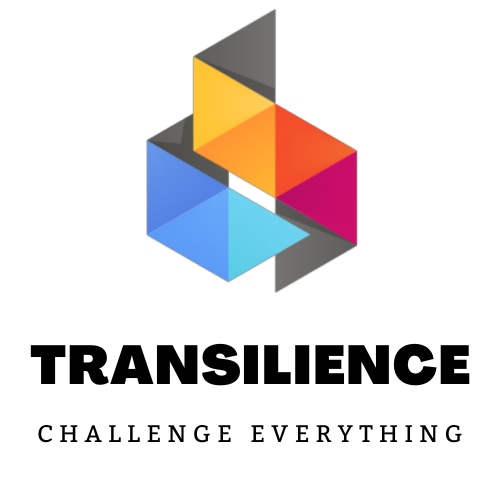Nurturing Digital Literacy: Essential Skills for the 21St Century Learner
In today’s increasingly digital world, the ability to navigate, understand, and utilize technology effectively is more important than ever. Digital literacy has become a cornerstone of modern education, empowering learners with the skills and knowledge needed to succeed in the 21st century. In this blog post, we’ll delve into the realm of digital literacy, exploring its importance and the essential skills required for today’s learners to thrive in a digital age.
Understanding Digital Literacy
Digital literacy encompasses a broad range of skills and competencies related to the use of digital technologies. It involves not only the ability to operate computers and software but also critical thinking, problem-solving, and information literacy. Digital literacy empowers individuals to navigate the complexities of the digital world, access and evaluate information critically, communicate effectively, and protect themselves online.
Basic Computer Skills
At the core of digital literacy are basic computer skills, including proficiency in using hardware, software, and operating systems. Learners should be familiar with common computer applications such as word processing, spreadsheets, and presentation software, as well as web browsers, email, and file management systems. Mastery of basic computer skills provides a foundation upon which more advanced digital competencies can be built.
Information Literacy
In an era of information overload, the ability to find, evaluate, and use information effectively is essential. Information literacy skills enable learners to identify credible sources, distinguish between fact and opinion, and critically evaluate information for accuracy, relevance, and bias. By developing information literacy skills, learners can make informed decisions, conduct research, and engage with content responsibly in both digital and analog environments.
Media Literacy
In a digital world dominated by multimedia content, media literacy is crucial for navigating the complex landscape of images, videos, and audiovisual media. Media literacy skills empower learners to analyze and interpret media messages, understand how media shapes perceptions and influences behavior, and critically evaluate media content for accuracy, bias, and intent. By developing media literacy skills, learners can become discerning consumers and creators of media, capable of navigating the digital media landscape with confidence and awareness.
Digital Citizenship
As digital citizens, individuals have rights, responsibilities, and opportunities in the digital world. Digital citizenship encompasses ethical behavior, responsible use of technology, and awareness of one’s digital footprint. Learners should understand issues such as online privacy, cyberbullying, digital security, and intellectual property rights, and adhere to ethical principles when engaging with digital technologies. By promoting digital citizenship, educators can empower learners to use technology responsibly and contribute positively to digital communities.
Critical Thinking and Problem-Solving
Digital literacy also involves critical thinking and problem-solving skills, which are essential for navigating the complexities of the digital world. Learners should be able to analyze information critically, evaluate arguments, and solve problems using digital tools and resources. By honing critical thinking and problem-solving skills, learners can make informed decisions, adapt to new technologies, and address challenges effectively in a rapidly changing digital landscape.
Adaptability and Lifelong Learning
In an era of rapid technological advancement, adaptability and lifelong learning are essential for staying relevant and competitive in the digital age. Learners should embrace a growth mindset, continually seeking out opportunities to learn and develop new skills. By cultivating adaptability and a thirst for knowledge, learners can thrive in a digital world characterized by constant change and innovation.
Conclusion
Digital literacy is a cornerstone of modern education, empowering learners with the skills and knowledge needed to succeed in the 21st century. From basic computer skills to critical thinking, problem-solving, and digital citizenship, digital literacy encompasses a broad range of competencies essential for navigating the complexities of the digital world. By fostering digital literacy skills in learners, educators can empower them to thrive in a digital age characterized by constant change, innovation, and opportunity.
At “Transilience,” we’re committed to promoting digital literacy and empowering learners with the skills they need to succeed in a rapidly changing world. Join us as we explore the importance of digital literacy and the essential skills required for the 21st century learner to thrive in the digital age.

